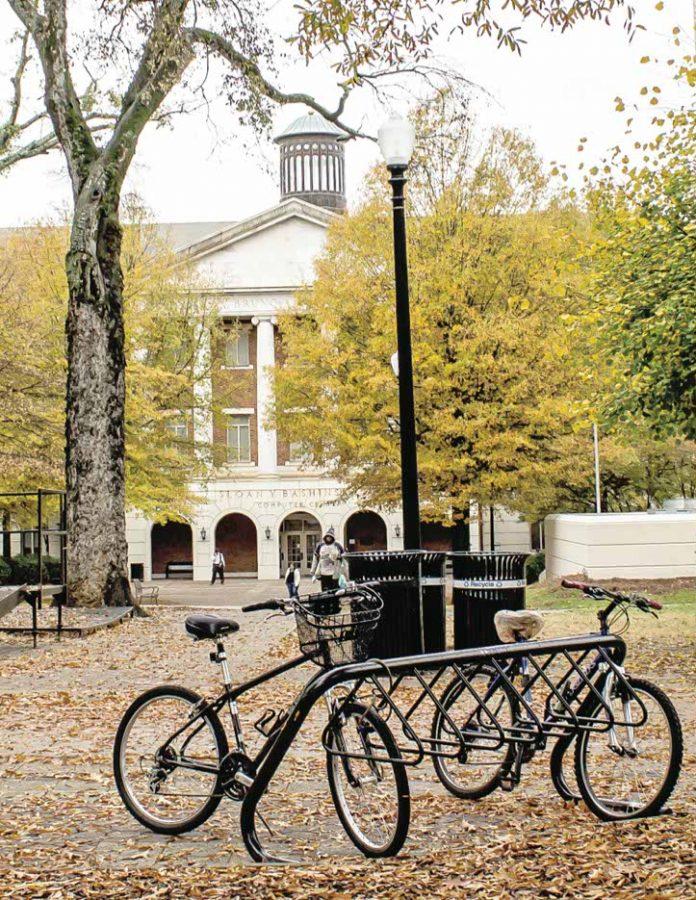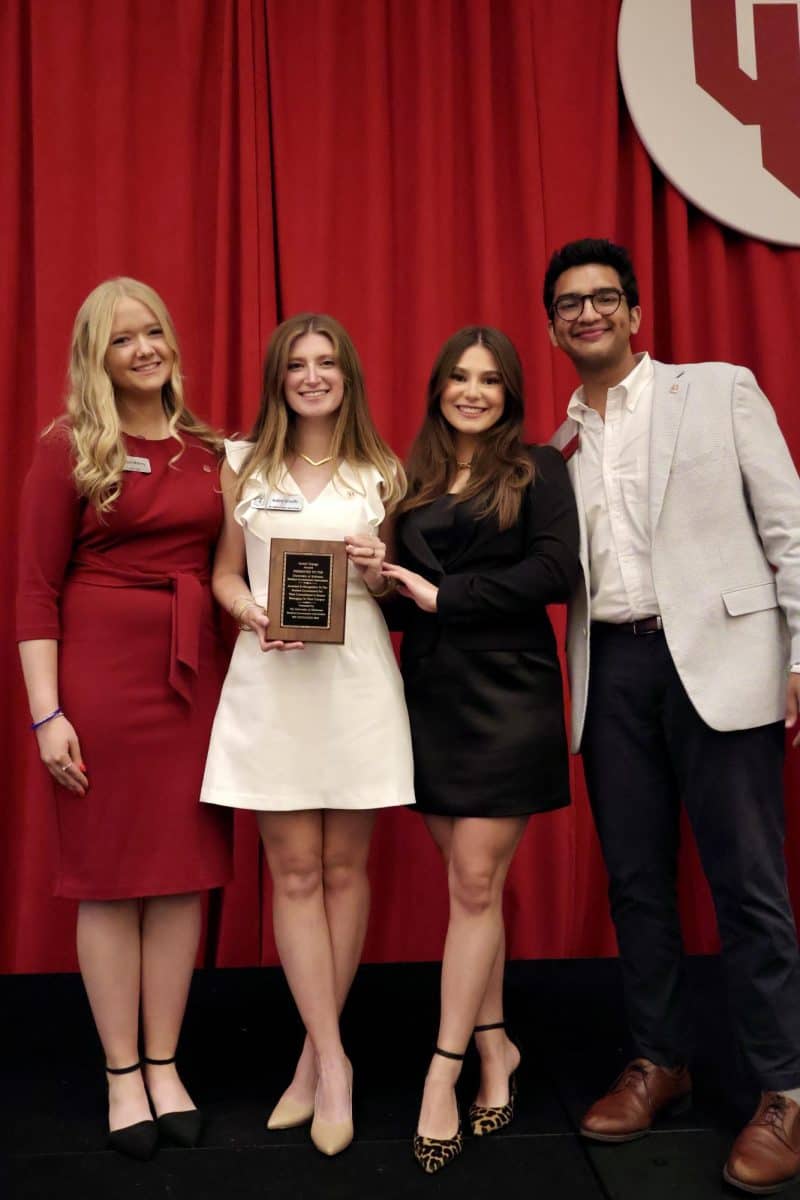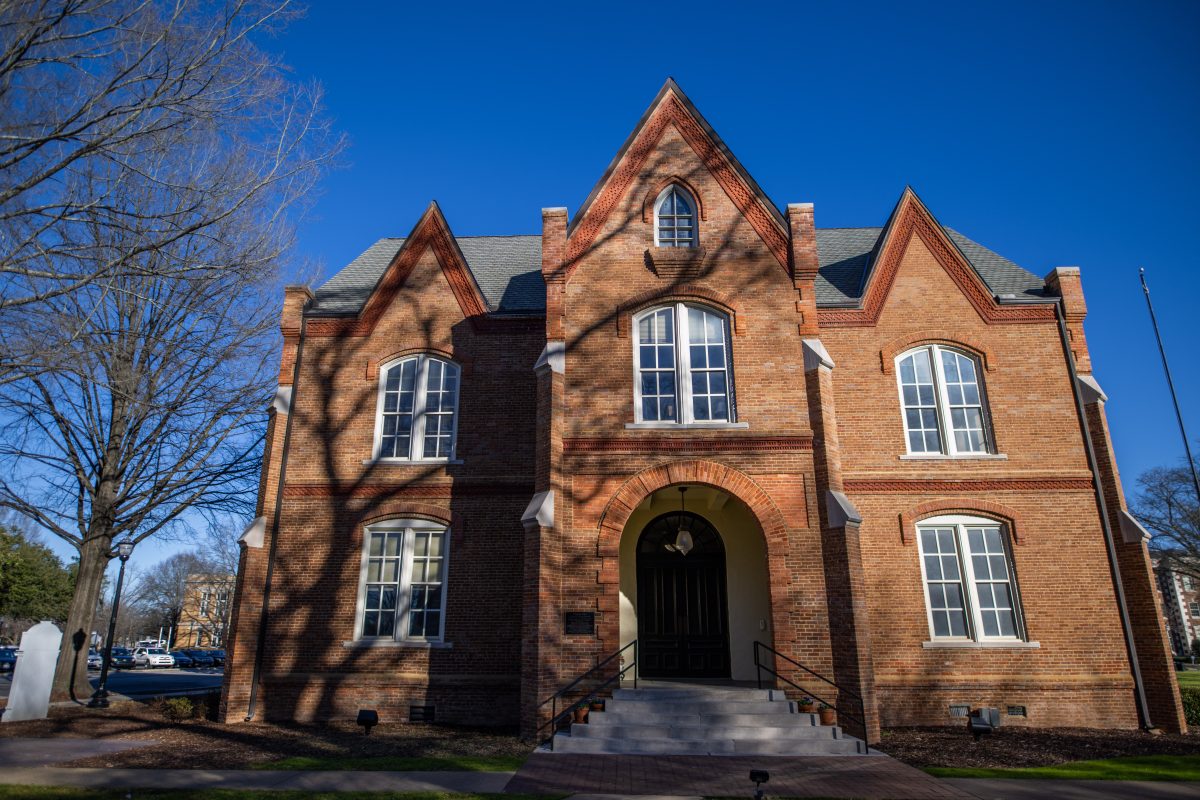The University of Alabama’s Culverhouse College of Commerce and Business Administration is set to expand after Gov. Robert Bentley signed an executive order creating the Alabama Center for Insurance Information and Research. Bentley signed the order Oct. 23 in light of recommendations from commissions he created to investigate insurance needs in a state that has recently had to manage the risks of natural disasters.
The proposal for the center, which was co- written in part by UA professors Harris Schlesinger and William Rabel, lists four areas of focus for ACIIR: “education and outreach,” “research and repository of information,” “facilitate and collaboration among agencies and stakeholders” and “foster leadership and engagement by academic institutions and students.”
“We’re going to be judged on deliverables,” said Schlesinger, a UA professor of finance and the Frank Park Samford chair of insurance, said. “We wanted to be flexible, and we are, but we understand that the coastal affordability of insurance [is] the first issue that’s of main importance to us right now, and that’s the issue that the governor was concerned with.”
ACIIR’s creation was triggered by coastal hurricane damage that resulted in homeowners having more expensive, less extensive or simply no insurance.
“You get this kind of trade-off between what you’re going to do,” Schlesinger said. On one hand, if the state keeps insurance rates low, providers could leave the state, creating problems. On the other hand, states could loosen regulations and allow rates to escalate, a move that would be unpopular and potentially harmful for consumers. Schlesinger said researching these kinds of decisions will be a part of ACIIR’s job, though the center has a very strong commitment to being non-partisan.
“We’re not trying to stand behind the consumer and fight the insurance industry, and we’re not trying to stand behind the insurance industry and keep the consumers at bay. We’re trying to make everyone happier [and find out] can we make things more transparent, can we make smarter decisions?” Schlesinger said. “One thing that we were pretty insistent on was that we be credible and not be a political tool. In today’s political climate, I don’t think you can avoid people pointing a finger and accusing you of spin, but we’re going to try our best to minimize this.”
The center will consist of new faculty and staff and will be funded with money from the state’s education budget. It will be tasked with educating the public and making suggestions to the state. While coastal insurance is the current issue, the center’s focus in the future may be different.
“If you pay attention to the news, you’ll see insurance a lot. We tried to keep the center flexible enough to talk about whatever is of interest to people in the state,” Schlesinger said. “[With issues affecting Alabama insurance], you just never know what’s going to come next.”
Schlesinger, who, along with Rabel, is an internationally recognized insurance expert, said there is provision and intention to collaborate with faculty at other schools, as well as to bring in experts from around the nation.
“We’re going to be looking all over the country to bring in some good people,” he said. “And of course, we’re convinced they’re going to like Tuscaloosa, too.” Schlesinger said ACIIR is in part intended to provide faculty, graduate and undergraduate students with research opportunities. The center’s residence in Culverhouse, which has existing roots in insurance expertise, will help the University provide more opportunities to students and could help attract prospective students.
“We feel that we have a very strong program, and this is a great place to locate it,” Schlesinger said. “We wanted some academic component. We wanted to have something that benefited faculty and students, as well as [something that was] looking at issues that were important to the state.”







